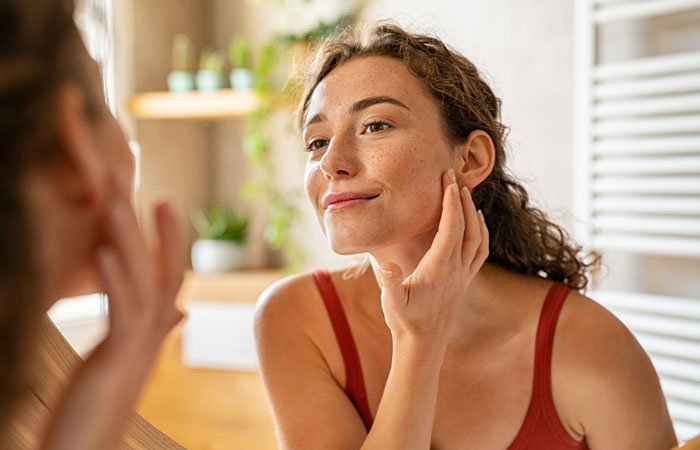Can I Apply Black Seed Oil Directly to My Face?
Black seed oil, derived from the seeds of the Nigella sativa plant, has gained popularity for its various health and beauty benefits. Many people wonder if they can apply black seed oil directly to their face to harness its potential advantages for skincare. In this article, we’ll explore the benefits and potential risks of using black seed oil on your face and how to incorporate it into your skincare routine.
The Benefits of Applying Black Seed Oil to Your Face
Black seed oil is rich in antioxidants, essential fatty acids, and anti-inflammatory properties, making it a potential asset for skincare. Here are some of the benefits you may experience when applying black seed oil directly to your face:

1. Moisturization and Hydration
Black seed oil is known for its ability to moisturize and hydrate the skin. The oil can help lock in moisture, preventing dryness and promoting a supple complexion. Applying a few drops of black seed oil to your face can be particularly beneficial for individuals with dry or sensitive skin.
2. Anti-Aging Properties
The antioxidants present in black seed oil may contribute to its anti-aging effects. Regular use of the oil may help reduce the appearance of fine lines and wrinkles, promoting a more youthful-looking complexion. The oil’s ability to support collagen production can contribute to skin elasticity.
3. Acne Treatment
Black seed oil possesses antimicrobial and anti-inflammatory properties, making it a potential ally in the fight against acne. It may help soothe inflamed skin, reduce redness, and prevent the proliferation of acne-causing bacteria. However, individual responses to black seed oil may vary, so it’s essential to perform a patch test before widespread application.
Potential Risks and Considerations
While black seed oil offers several benefits for the skin, it’s essential to be aware of potential risks and considerations before applying it directly to your face:
1. Allergic Reactions
Some individuals may be allergic to components of black seed oil. Before applying it to your face, conduct a patch test on a small area of skin to check for any adverse reactions such as redness, itching, or irritation.
2. Dilution for Sensitive Skin
For individuals with sensitive skin, it’s advisable to dilute black seed oil with a carrier oil such as jojoba or almond oil before applying it to the face. This can help mitigate the risk of irritation while still providing the benefits of black seed oil.
3. Consultation with a Dermatologist
If you have pre-existing skin conditions or concerns, it’s recommended to consult with a dermatologist before incorporating black seed oil into your skincare routine. A skincare professional can provide personalized advice based on your skin type and individual needs.
How to Apply Black Seed Oil to Your Face
If you decide to incorporate black seed oil into your skincare routine, follow these steps for optimal results:
1. Patch Test
Perform a patch test by applying a small amount of black seed oil to a discreet area of your skin. Wait 24 hours to ensure there is no adverse reaction before applying it to your face.
2. Cleanse Your Face
Start with a clean face. Use a gentle cleanser to remove any makeup, dirt, or impurities before applying black seed oil.
3. Apply a Few Drops
Dispense a few drops of black seed oil onto your fingertips. Gently massage the oil into your face using upward motions, focusing on areas where you want to address specific concerns, such as fine lines or dry patches.
4. Moisturize if Needed
If your skin tends to be on the drier side, you can follow up with your regular moisturizer to lock in the benefits of the black seed oil.
In conclusion, black seed oil can be a valuable addition to your skincare routine, providing moisturization, anti-aging benefits, and potential acne-fighting properties. However, it’s crucial to be mindful of individual skin sensitivities and conduct a patch test before widespread use. If you experience any adverse reactions, discontinue use and consult with a dermatologist for personalized advice.




